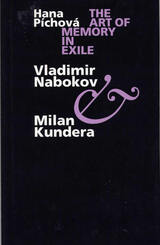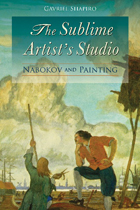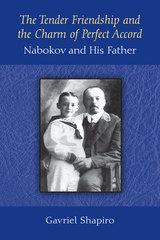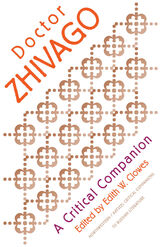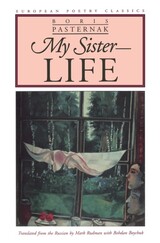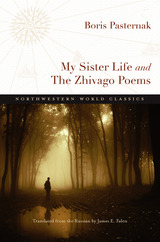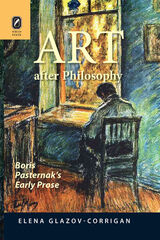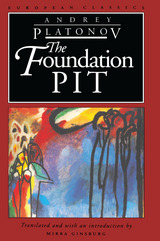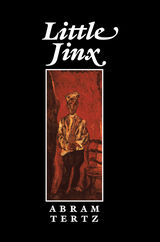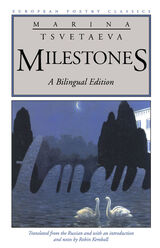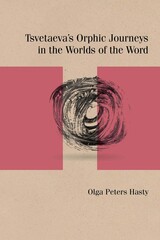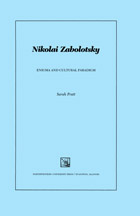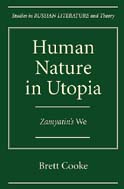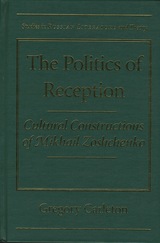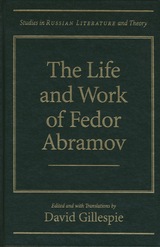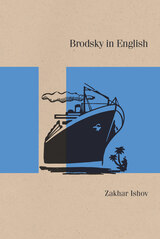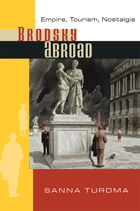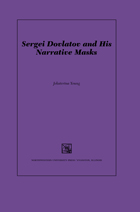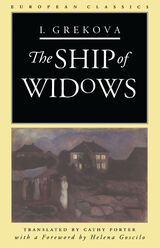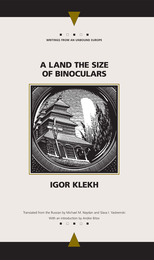Cloth: 978-0-674-04802-7
Library of Congress Classification PG3476.T75A257 1992
Dewey Decimal Classification 809.1
In the Soviet Union, as in the West, Marina Tsvetaeva (1892-4941) is acknowledged to be one of the great Russian poets of the century, along with Mandelstam, Pasternak and Akhmatova. Overnight sensation and oft-times pariah, Tsvetaeva was a poet of extraordinary intensity whose work continues to be discovered by new readers. Yet, while she is considered to be one of the major influences on modern Soviet poetry, few know of her consummate gifts as a writer of prose. These select essays, most of which have never been available in translation before, display the dazzlingly original prose style and the powerful, dialogic voice of a poet who would like to make art’s mystery accessible without diminishing it.
The essays provide incomparable insight on poetry, the poetic process, and what it means to be a poet. The volume offers, among many fascinating topics, a celebration of the poetry of Pasternak and reflections on the lives and works of other Russian poets, such as Mandelstam, Mayakovsky, and Zhukovsky. Included in this richly diverse collection are the essays “The Poet on the Critic,” which earned Tsvetaeva the enmity of many, Art in the Light of Conscience, a spirited defense of poetry, and The Poet and Time, seen by many scholars as providing the key to understanding Tsvetaeva’s work. The immense power and originality of Tsvetaeva’s language captured by Angela Livingstone’s superb translation of the essays along with twelve of Tsvetaeva’s poems on related themes, is testimony to why the Tsvetaevan revival in the Soviet Union and interest in the West continue to gain momentum as the centenary of her birth approaches. The volume is made complete by the addition of an elegant introduction by the translator, a chronology of Tsvetaeva’s life, and an index of contemporary poets and writers mentioned in the essays.
“Good poetry is always better than prose,” Tsvetaeva wrote. Prose as good as hers, however, is rare and few have done as much as she to explore the processes of creation and the feelings of the exceptionally creative person in the ordinary world.
See other books on: 1892-1941 | Conscience | Light | Tsvetaeva, Marina | T︠S︡vetaeva, Marina
See other titles from Harvard University Press

